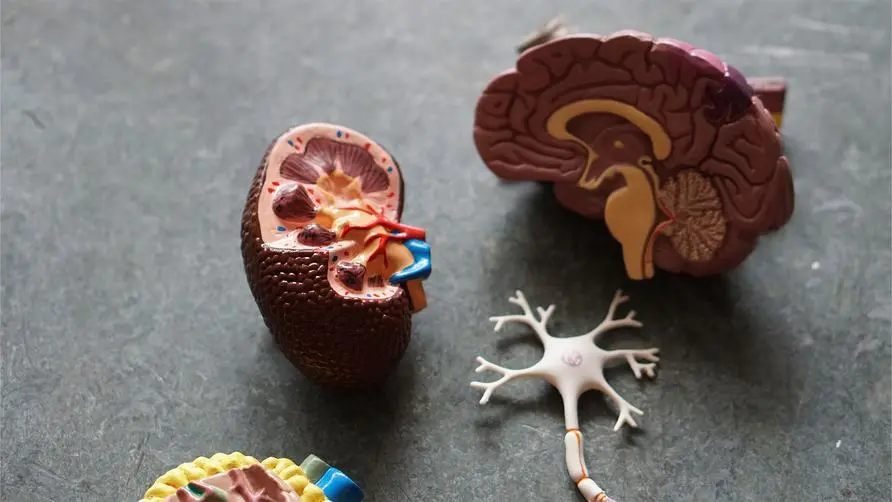Is eating meat linked to cancer? Oxford Statistics: Vegetarian diet may reduce 3 cancer risks

Healthy eating trends are prevalent, and plant-based diets and vegan diets are gradually accepted by the public. Past studies have linked a vegan diet to a lower overall cancer risk. However, the effects of a vegetarian diet on cancer at specific sites have yet to be explored. The latest research in “BMC Medicine” claims that compared with ordinary meat eaters, being vegetarian may indeed reduce the risk of “three types of cancer”; however, whether eating meat will increase the chance of cancer remains to be further studied by scientists.
Is it better to eat fish or become vegetarian instead of eating meat? Study says the chance of contracting “3 cancers” is reduced
A team from the University of Oxford in the UK conducted a study on 472,377 samples from the “British Biobank”. They were subdivided into 4 groups: meat eaters (52.4%), light meat eaters (43.5%), fish eaters (2.3%) and vegetarians (1.8%). Meat eaters should eat processed meat more than five times a week; light meat eaters should eat no more than five times a week. Fish eaters avoid red meat and processed meat and only eat fish; vegetarians avoid fish, meat, dairy products and eggs.
The research team claimed that they found that meat eaters are prone to three types of cancer, namely postmenopausal breast cancer, prostate cancer and colorectal cancer. Taking the meat-eating group as the benchmark, the research team calculated the risk of cancer in the other three groups. Data show that the overall risk of cancer is reduced by 14% for vegetarians, by 10% for fish eaters, and by 2% for light meat eaters.
If we compare breast cancer, prostate cancer, and colorectal cancer, we find that female vegetarians have an 18% lower risk of postmenopausal breast cancer, while male fish eaters and vegetarians have a 20% and 31% lower risk of prostate cancer respectively. Light meat eaters have a 9% lower risk of colorectal cancer, but there is no significant difference in colorectal cancer risk between fish eaters and vegetarians.
Does eating meat increase the risk of cancer? Do BMI, smoking and drinking have an impact?
Study author Cody Watling said that based on the data, vegetarians and fish eaters appear to be more likely to benefit from the diet. However, factors such as the subjects’ own BMI, smoking habits, education level, etc. may affect the research results. Therefore, it is not yet proven that there is a causal link between eating meat and cancer, and the relationship between the two still needs to be clarified.
“We believe that female vegetarians tend to have a lower BMI, which may have affected the results of postmenopausal breast cancer research. A female vegetarian with a high BMI has the same risk of breast cancer as a female meat-eater.”
Watling also found that fish eaters and vegetarians tended to be younger, better educated, and less likely to smoke and drink alcohol. These traits may also influence prostate cancer research results: Smoking and drinking may be associated with higher rates of cancer, while vegetarians and fish eaters do have lower rates of prostate cancer.
Watling concluded based on the research results: “It is still necessary to limit the intake of processed meat and red meat. A diet rich in whole grains, fruits, vegetables, and legumes should be adopted.” At the same time, on the flip side, maintaining a good weight and controlling BMI , as well as increasing awareness of food nutrition knowledge, will help to make correct diet choices and achieve a healthier life.
source:
Is eating less meat linked to a lower risk of cancer?
Further reading:





